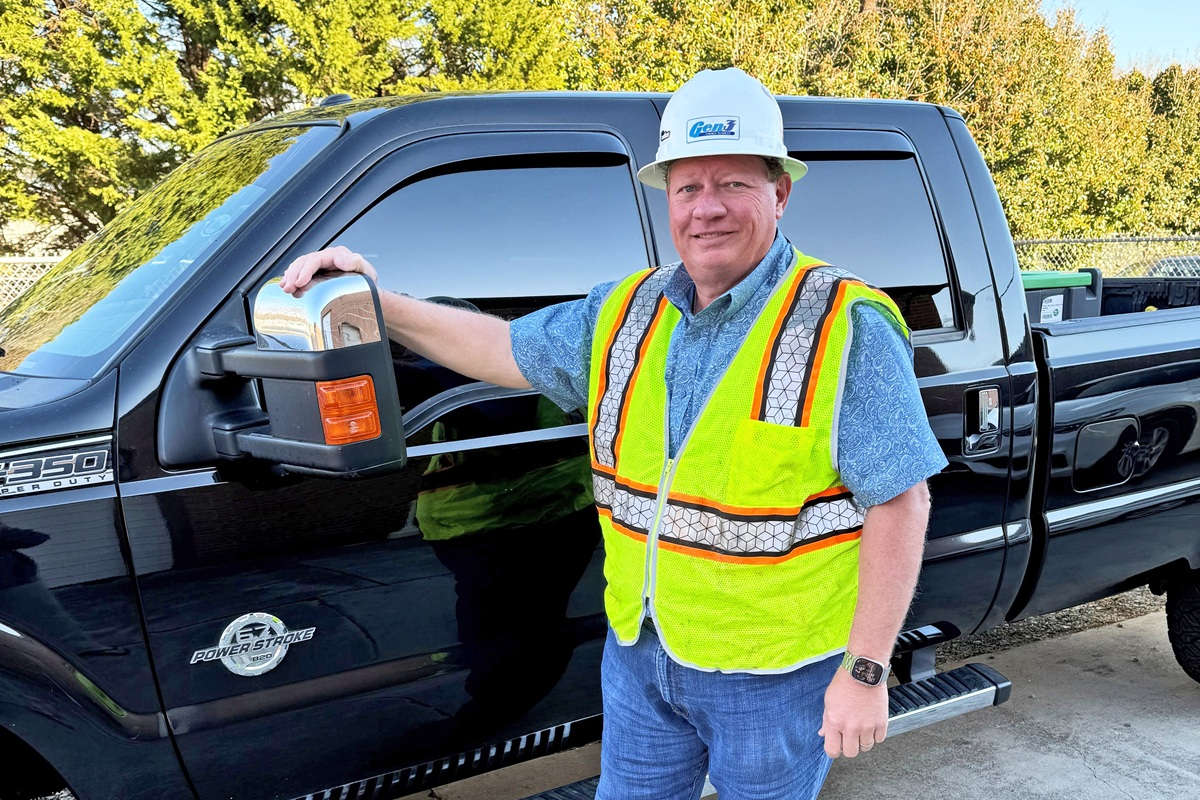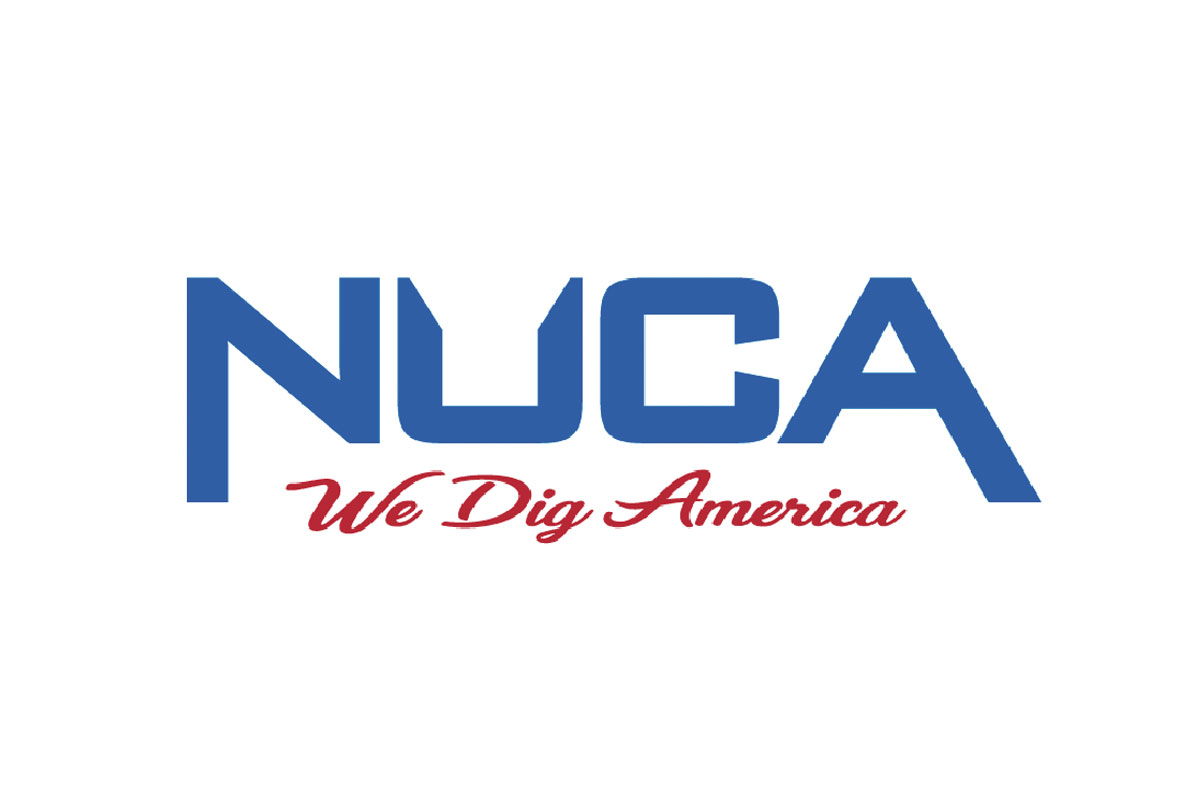The SRF Conundrum

I’m often asked, in light of the overwhelming support of water infrastructure in principle, why more isn’t done to improve America’s infrastructure systems. There are two answers: the easy one and the hard one.
The easy answer is that water infrastructure is out of sight, and thus out of mind. Similar to the expectations about the faucet and the toilet, it isn’t until those expectations are not met that people are motivated to act. Unfortunately, by that time it is too late. Motivating people to act and care sooner is more about public relations and communications than anything legislative. Showing the public that there’s a problem is the easy part. As infrastructure ages, the prevalence of problems will continue to increase. These problems will impact an increasing number of homes and businesses until it reaches a fever pitch. A motivated and active constituency will inevitably lead to legislation and action.
We’ve seen infrastructure failures cripple neighborhoods and towns. We see whole states struggling to determine how to fix water infrastructure and provide water to citizens. We see what happens when water infrastructure contaminates the water distributed to homes. We’ve heard the volume increase around the needs for water infrastructure investment.
The hard part is what comes next and is the real reason Congress has not acted on water infrastructure investment. In order to enact real and meaningful investment and change the way the federal government treats water infrastructure investment, the Clean Water Act (CWA) and Safe Drinking Water Act (SDWA) will need to be amended. In these politically divided and partisan times, this is the biggest problem.
Congress enacted the CWA in 1987, which included the statutory basis for the Clean Water SRF (CWSRF). In 1996, Congress enacted the SDWA, which created the Drinking Water SRF (DWSRF). Authorizations for appropriations for the CWSRF and DWSRF expired in 1997 and 2003, respectively, and have not been addressed by Congress since.
Authorization levels for programs are enacted by the committees of jurisdiction and provide a guide for appropriators to fund these programs. In other words, since the authorizing committees (House Transportation and Infrastructure and Senate Environment and Public Works Committees) have not enacted new authorization levels, appropriation levels have remained flat or declined.
The reason Congress hasn’t touched this issue in more than a decade is because of the contentious nature of legislating in Congress. Essentially, Congress hasn’t enacted legislation reauthorizing the SRF program or made legislative improvements to the program because members of Congress are risk averse. The fear in both parties, regardless of who has been in control, is that bringing a bill to the floor of either the House or the Senate that amends or addresses either the CWA or SDWA would lead to a political fight the majority doesn’t have the stomach to wage. The majority doesn’t want to pick a fight they can’t definitively use to remain in power, or which will give the opposition claim to legislative victory. The minority wants to pick a fight to create distinction between the parties and help them regain the majority.
For example, if the Republican-led House brought legislation amending the CWA up for debate on the floor, Democratic members would offer a slew of amendments. These amendments could include pollution controls, environmental standards, quality testing and other provisions that Republicans don’t want to concede. If Democrats are able to syphon off enough Republicans to attach a controversial amendment, it could sink the bill so nothing gets done. The situation would be the same if Democrats were in control of Congress. The amendments to the legislation would simply be different.
Amending the CWA or the SDWA would require both parties compromising and swallowing less than ideal provisions. Democrats would likely have to accept authorization levels below their goal and project streamlining that they believe cause environmental harm. Republicans would likely have to accept some environmental regulations and pollution controls they believe will harm businesses. Make no mistake, this will be a difficult achievement, especially as there will certainly be members of Congress whose personal ambitions will cause potential derailment. With so few meaningful pieces of legislation moving through Congress lately, and the long delay in addressing the CWA and SDWA, there will be significant work to be done on the part of our Representatives and Senators.
Unfortunately, the trend has been to kick the can down the road or do nothing; neither of which are acceptable outcomes. One thing is for certain: The longer Congress waits to act, the more difficult it will be to get a result, the more expensive that result will be and the more concessions each side will have to make to prevent crisis.
Will Brown is NUCA’s director of Government Affairs.




